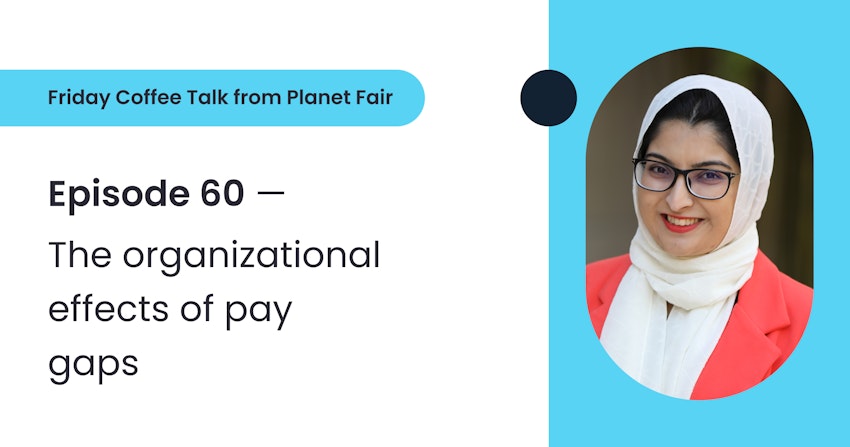This week, Henrike and Margrét start with an employer’s question. There are two employees, one who is 25 with 5 years of experience and one who is 35 with 15 years of experience, who both do the same job. Should they be paid the same?
This question is essentially about the variables that determine pay. These variables can and should differ depending on the company. So the answer to the employer’s question depends on their pay philosophy.
But as Henrike points out, experience is an especially tricky variable. Because it’s hard to measure, many employers use age as a surrogate. But many younger employees may think this is not fair: just because another employee is older doesn’t necessarily mean they do the job better.
For this reason, as Margrét has seen, many employers have begun using time in role or time in organization instead of age to indicate experience. Others have developed schemes that assign a grade to each job within the organization. These grades inherently capture the employees’ experience, so age makes less of a difference.
In the time remaining, Margrét and Henrike chat about another variable, Margrét’s favorite “because it’s always so controversial and it’s so fun to analyze and discuss” — employee performance. Surprisingly, organizations claiming to be performance-driven often do not include performance in their pay structures.
Overall, the increasing need to quantify variables like experience and performance, especially in the light of new legislation, may motivate countries to adopt a more disciplined approach to pay decisions.
Friday Coffee Talk from Planet Fair is a podcast/videocast series co-hosted by PayAnalytics founder Margrét Bjarnadóttir and Henrike Von Platen, founder and CEO of the FPI Fair Pay Innovation Lab in Berlin. It is available through all podcast platforms as well as on YouTube as a videocast.



